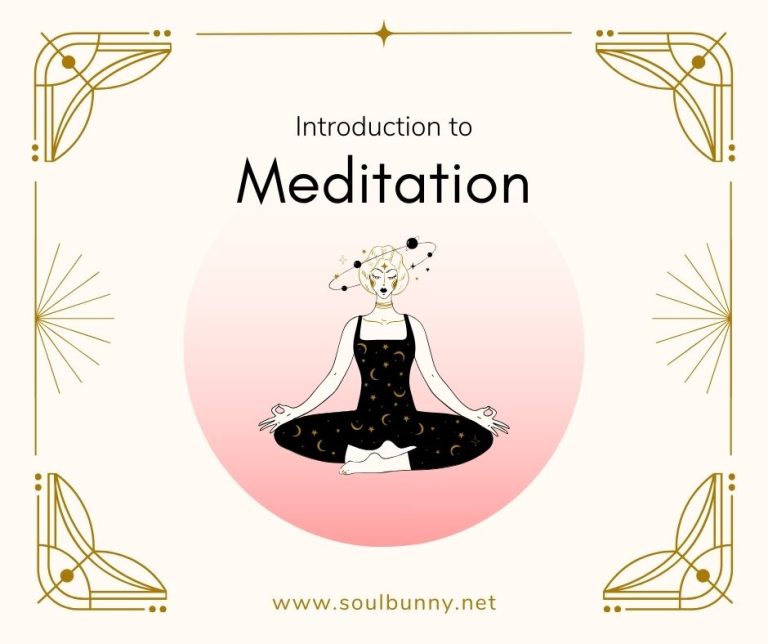Guided Meditation for Stress Relief
In our fast-paced world, finding time for relaxation and mental wellness can often be challenging. This is where the beauty of short meditations shines through. These brief sessions, often as short as 10 minutes, can easily be incorporated into the busiest of schedules. Whether it’s during a lunch break, right after waking up, or just before bed, short meditations provide a practical way to introduce mindfulness into your daily routine without overwhelming your timetable.

Immediate Benefits
The allure of a 10-minute meditation lies not only in its brevity but also in its immediate effectiveness. These quick sessions can swiftly bring a sense of calm, help refocus your mind, and reduce feelings of anxiety and stress. They act as a mental reset, giving you a moment of peace in a hectic day. Even in such a short time, meditation can lower blood pressure, reduce heart rate, and promote a sense of overall well-being.
In a world where constant connectivity often leads to mental clutter, dedicating a few minutes to meditation can be a powerful tool for mental health. By momentarily stepping away from the noise and focusing inward, you create an opportunity for your mind to recharge and refocus. This not only helps in managing stress but also enhances your overall productivity and creativity.
As more people recognize the benefits of mindfulness, the practice of short meditations is becoming increasingly popular. It’s a testament to the idea that sometimes, all it takes is just a few minutes to make a significant positive impact on your mental health. So, whether you’re a seasoned meditator or new to the practice, consider setting aside just 10 minutes of your day for meditation. The simplicity and effectiveness of these short sessions might just surprise you.
The Power of Short Meditations
Accessibility and Convenience
In our fast-paced lives, finding time for extensive relaxation practices can be challenging. This is where short meditations truly shine. These quick, focused sessions, often just 10 minutes long, can easily integrate into even the busiest schedules. Whether it’s a brief pause in a hectic workday, a moment of calm before the morning rush, or a method to unwind before sleep, short meditations offer a practical and efficient way to cultivate mindfulness. They require little commitment but still provide significant benefits, making them an ideal choice for those who are always on the go but still seek to maintain mental wellness.
Immediate Benefits
The beauty of a 10-minute meditation lies in its capacity to offer rapid relief from stress and anxiety. This brief timeout can significantly reduce feelings of overwhelm, providing an immediate sense of calm and mental clarity. Short meditations can lower stress hormones, ease tension, and bring about a peaceful state of mind. This quick mental reset not only alleviates stress but also enhances focus, making it an ideal practice for those needing a quick recharge in their demanding day.
Understanding Stress and Its Impact
Defining Stress
Stress, in simple terms, is the body’s response to any demand or challenge. It can be triggered by both positive and negative experiences. Common causes of stress include work demands, relationship difficulties, financial pressures, and health concerns. Stress is not always harmful; in small doses, it can motivate and help tackle daily challenges. However, when it becomes constant or overwhelming, it can lead to a myriad of issues.
Effects on Mental and Physical Health
Prolonged or intense stress can have a profound impact on both mental and physical health. Mentally, it can lead to anxiety, depression, irritability, and decreased concentration. Physically, stress can manifest as headaches, insomnia, muscle tension, and a weakened immune system. Over time, chronic stress can contribute to serious health problems like heart disease, high blood pressure, and diabetes. Understanding the dual impact of stress underscores the importance of effective management techniques, such as meditation, to maintain overall well-being.
How Meditation Helps
Scientific Backing
Recent research has increasingly supported the benefits of meditation for stress relief. Studies have shown that regular meditation can lead to changes in the brain that enhance relaxation and reduce anxiety. For instance, meditation is known to decrease activity in the amygdala, the part of the brain responsible for managing stress. Other research has indicated that meditation can help improve symptoms of stress-related conditions, such as irritable bowel syndrome, post-traumatic stress disorder, and fibromyalgia. By incorporating meditation into daily life, individuals can tap into these scientifically-proven benefits to improve their overall well-being.
Meditation Techniques for Stress
There are several techniques in meditation that are particularly effective for stress relief:
- Mindfulness Meditation: Involves staying present and fully engaging with the moment without judgment.
- Focused Attention Meditation: Uses a focal point, like breathing or a mantra, to anchor the mind.
- Body Scan Meditation: Entails mentally scanning the body for areas of tension and consciously releasing it.
- Loving-kindness Meditation: Focuses on developing feelings of compassion and love, both for oneself and others.
- Guided Visualization: Involves forming mental images of places or situations you find relaxing.
Your 10-Minute Guided Meditation Video
I’ve created a 10-minute guided meditation video specifically designed to provide quick stress relief and mental clarity. This video is perfect for beginners and experienced meditators alike, offering simple yet effective techniques to help calm the mind and relax the body. The aim is to provide a short but powerful tool that you can use anytime you need to reset and refocus.
How to Incorporate Meditation into Your Daily Routine
Finding Time
Integrating meditation into a busy schedule can seem daunting, but it’s about finding small pockets of time:
- Morning Routine: Start your day with a few minutes of meditation to set a positive tone.
- Lunch Breaks: Take a brief meditation break to rejuvenate midday.
- Evening Wind-Down: Incorporate meditation into your evening routine to relax before bed.
- Waiting Periods: Use any idle time, like waiting in line or during commutes, to practice mindfulness.
Creating the Right Environment
A conducive space can enhance your meditation experience:
- Quiet Area: Choose a quiet spot to minimize distractions.
- Comfortable Seating: Use a comfortable chair or cushion.
- Relaxing Atmosphere: Consider soft lighting, perhaps candles or dim lamps, and maybe a few calming scents like lavender or sandalwood.
- Minimal Clutter: A clean, uncluttered space can help calm the mind.
- Technology-Free Zone: Keep electronic devices away or on silent mode to avoid interruptions.
The benefits of a 10-minute meditation are both numerous and significant. This brief practice can lead to reduced stress, improved focus, and a calmer state of mind. It’s a simple yet powerful tool that can help manage anxiety, enhance clarity of thought, and promote overall mental well-being. The beauty of short meditation lies in its adaptability to any lifestyle, making it an accessible method for everyone to improve their mental health.
I highly encourage you to give this 10-minute guided meditation a try. Whether you’re new to meditation or an experienced practitioner, you’ll find this practice to be a refreshing and rejuvenating experience. Please feel free to share your experiences, insights, or any changes you observe in your stress levels or overall well-being. Your feedback is not only valuable to me but can also inspire and encourage others in our community.

Additional Resources
Further Reading
For those interested in exploring more about meditation and its benefits, here are some recommended resources:








